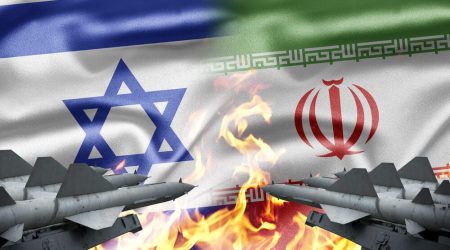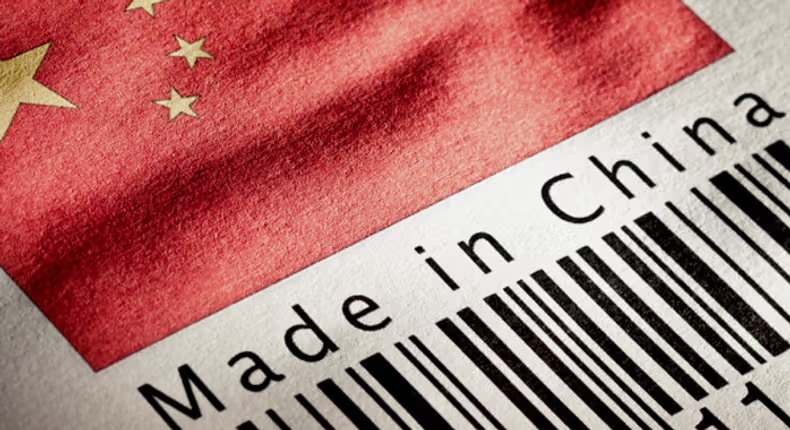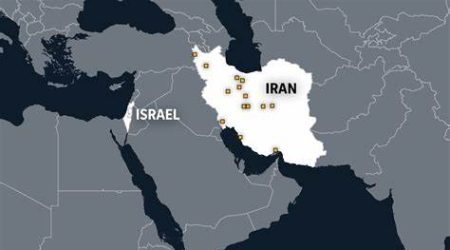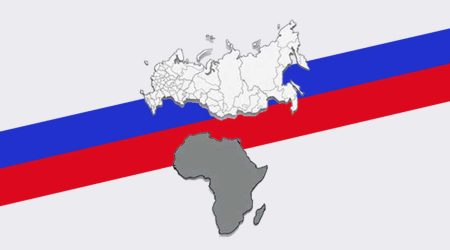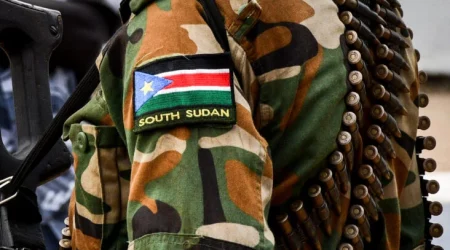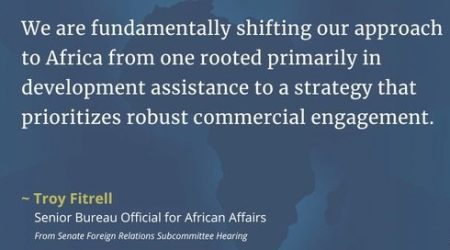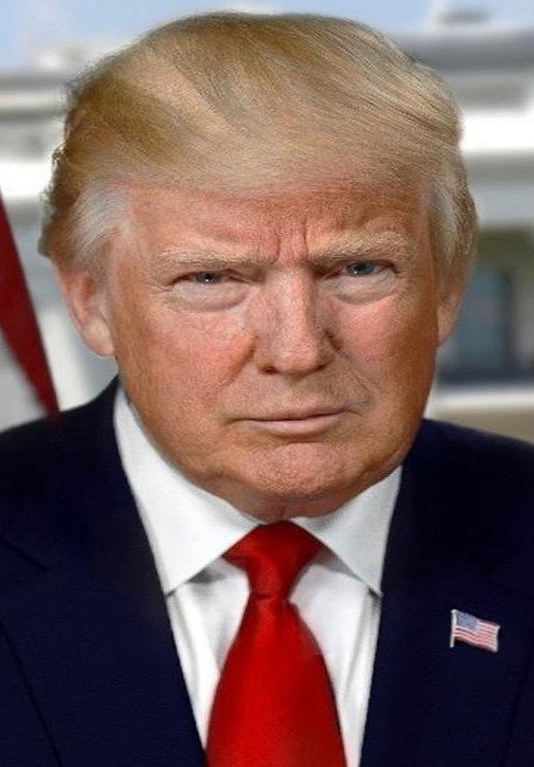
4
Apr
Understanding Trump: Identity, Economy and Strong Men Politics
Donald Trump’s return to the White House baffled and shocked the world, particularly given America’s longstanding role as a champion of liberal internationalism. His presidency is defying conventional expectations not only in terms of foreign policy but also in his unorthodox rhetoric and decision-making, which often seemed impulsive and disruptive.
Yet beneath the chaos lies a coherent worldview. Trump and his inner circle operate on a core belief: that the global order has exploited American generosity. In their eyes, decades of U.S. leadership in upholding liberal institutions like free trade, multilateral alliances, and military protection have weakened the nation, sacrificing its interests while rivals grew stronger. The fear of decline fuels Trump’s agenda: a relentless drive to reclaim what he sees as America’s lost greatness before rising powers eclipse it entirely.
What was central to Trump’s campaign rhetoric is the claim that traditional American culture is under siege. He thinks that it is eroded by far-left ideologies which is known for promoting LGBTQ+ rights, minority protections, and progressive social policies that, in his view, marginalize the majority. He frames immigration not just as an economic issue but as a cultural invasion by linking it to rising crime, gang violence, and drug epidemics. These changes are assumed as existential threats and he taps into a deep-seated anxiety among his base: the fear that the America they know is being dismantled.
On trade, Trump’s argument hinges on a saying that the U.S. is being drained by its own openness. With a balance of payments deficit exceeding a trillion dollars, his team asserts that America has become a victim of globalization—exporting wealth by over-relying on foreign goods while domestic industries wither. His solution is aggressive economic patriotism including tariffs to penalize imports, incentives to foment manufacturing, and a relentless focus on making the U.S. a self-sufficient production powerhouse. The goal is unambiguous since it seeks to reverse decades of offshoring and reclaim what he calls America’s “winning” edge.
Trump’s economic strategy targets domestic revitalization through corporate tax exemptions and incentives for industries that manufacture within the U.S. This policy is framed as a dual victor by boosting both local production and creating jobs for American workers. During a congressional address, he highlighted growing corporate interest in U.S. investments as proof of the plan’s success. Additionally, his introduction of a “golden visa” program for wealthy investors aims to attract capital with the promise of job creation, reinforcing his broader “America First” economic doctrine.
On defense, Trump declares an end to an era of American over extension where the U.S. disproportionately funded global security while allies contributed minimally. He argues that this imbalance drains military resources, inflates budgets, and distracts from core strategic interests. His policy prioritizes disengagement from costly, non-essential interventions, focusing instead on direct threats. Proposals to reduce military spending (where feasible) and pursue arms limitation talks signal a shift toward pragmatic defense one that values America’s interest and America’s interest only.
To understand the current complexities of U.S. foreign policy under the Trump administration, a fundamental reassessment of its underlying worldview is necessary. Trump’s approach marked by abrupt aid withdrawals, transactional diplomacy, and a rejection of traditional multilateralism has immediate and often destabilizing consequences for nations reliant on American support. Humanitarian programs, security partnerships, and development initiatives face uncertainty as funding is slashed or tied to strict conditions. Yet, dismissing these actions as mere isolationism misses their strategic intent. From the administration’s perspective, this recalibration is not just punitive but corrective in a way America benefited from it. The deep rooted corruption and the impositions of cherished liberal ideals at the expense of America’s tax money is something that is not fair and acceptable to him.
The Trump era also signals a broader ideological shift by which civilizational identity and cultural sovereignty dominate political discourse. The administration’s rhetoric frames global politics as a clash of cradle cultures, where liberal internationalism has weakened Western nations by diluting their traditions. Immigration restrictions, skepticism toward multiculturalism, and the defense of “Judeo-Christian values” reflect this belief. Policymakers worldwide must recognize that identity-driven politics is no longer a fringe phenomenon but a defining feature of 21st-century statecraft. Nations that fail to grasp this risk by misreading Trump’s moves from his alliances with nationalist leaders to his hostility toward transnational institutions as erratic rather than ideological.
For African nations, the Trump administration’s foreign policy approach presents both a challenge and an unprecedented opportunity. Rather than viewing the withdrawal of traditional aid structures and multilateral diplomacy solely as a threat, African leaders must recognize this moment as a catalyst for transformative self-reliance. The current geopolitical climate demands a fundamental reorientation of being away from aid dependency and moving toward sustainable self-sufficiency, while forging new types of international collaboration built on mutual benefit rather than charity.
By Yabsira Yeshiwas, Researcher, Horn Review

